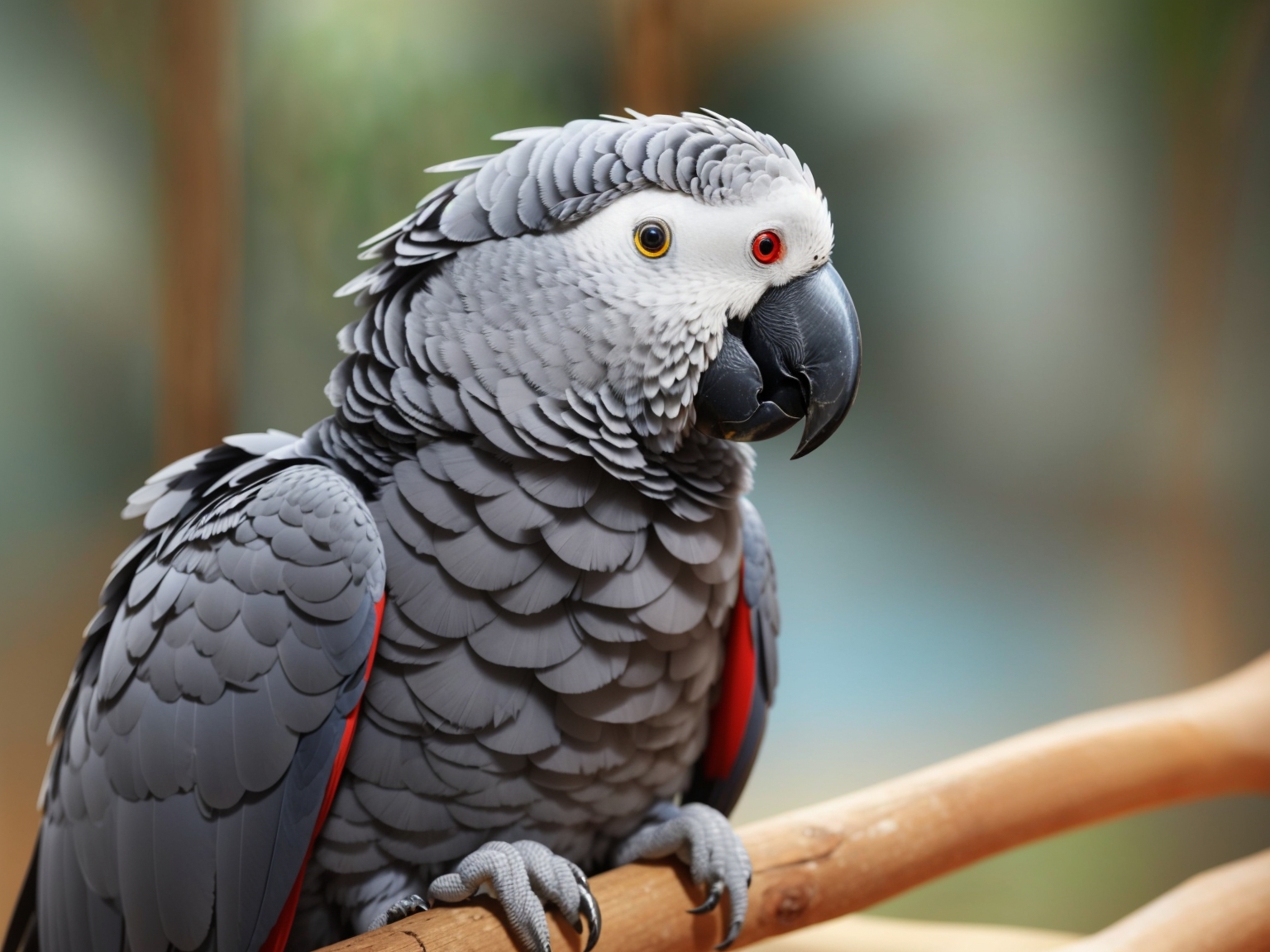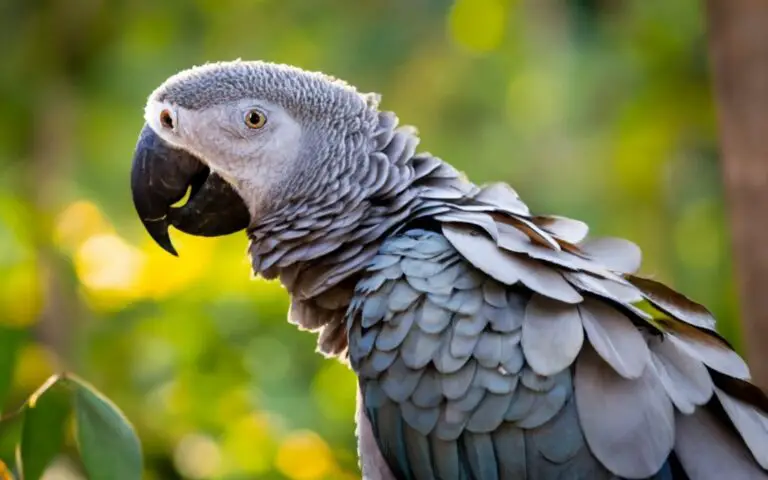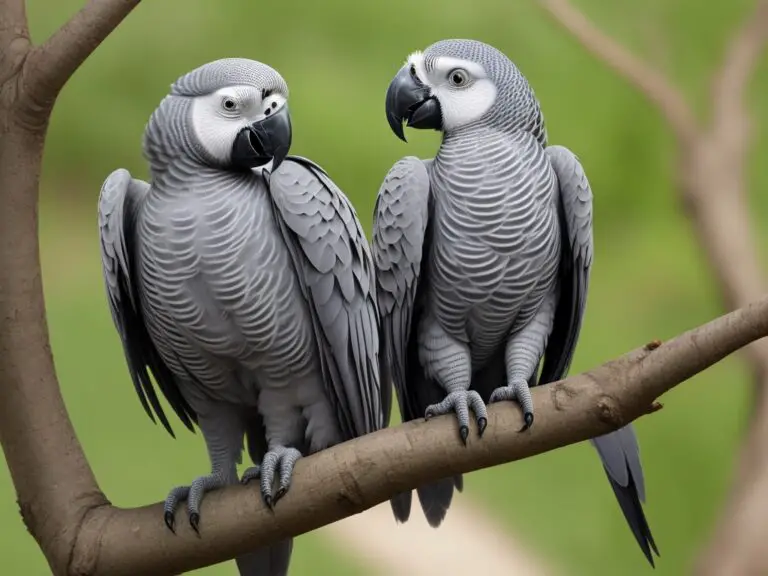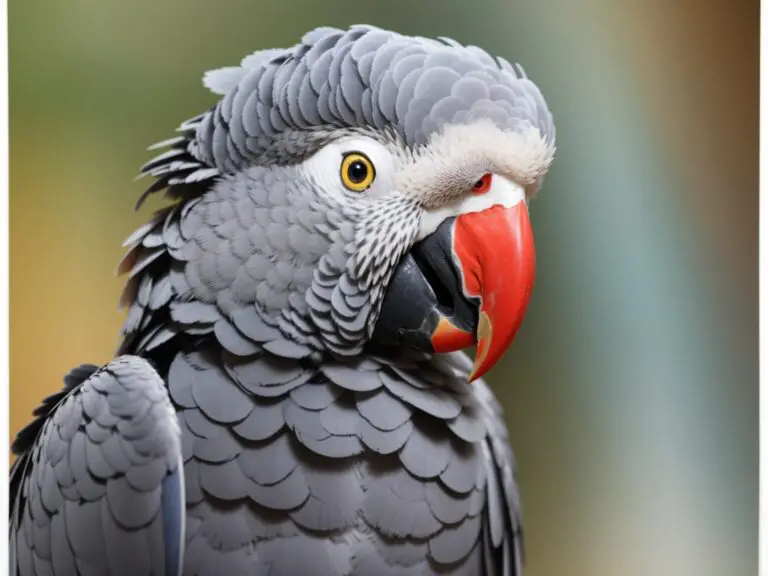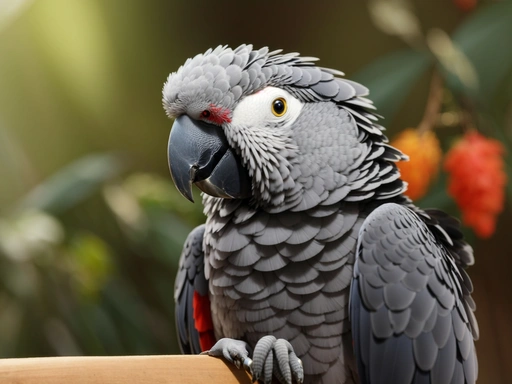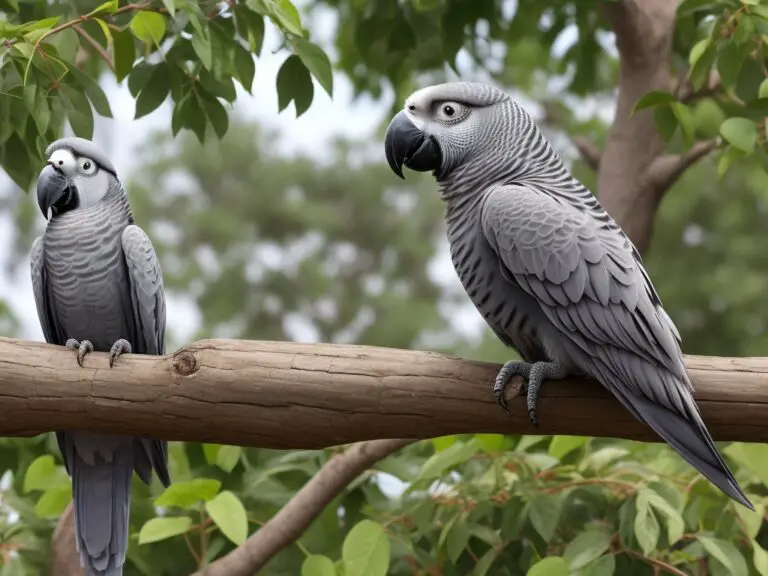Can African Grey Parrots Eat Olives?
Key Takeaways:
- African grey parrots can eat olives in moderation as part of a balanced diet.
- Olives can provide parrots with essential nutrients and promote their overall health.
- However, excessive consumption of olives can be harmful due to their high sodium content.
- It is important to introduce olives gradually and monitor your parrot’s reaction to ensure they tolerate it well.
Picture this: a vibrant, talkative parrot perched on your shoulder as you enjoy a Mediterranean-inspired feast.
The tantalizing aroma of olives fills the air, making your mouth water.
But wait! Can African Grey Parrots partake in this culinary delight?
As an experienced parrot caregiver, I understand the importance of providing a nutritious and balanced diet for these intelligent birds.
In this article, we’ll explore the dietary needs of African Grey Parrots and uncover whether olives are a safe and beneficial addition to their menu.
So, let’s dive into the world of avian nutrition and unravel the mystery of whether these magnificent parrots can indeed indulge in olives.
| Question | Answer |
|---|---|
| Can African Grey parrots eat olives? | Yes, African Grey parrots can eat olives. |
The Diet of African Grey Parrots
African Grey Parrots have a diverse diet that includes fruits, vegetables, nuts, seeds, and pellets. They require a balanced and nutritious diet to support their overall health and well-being.
An Overview of African Grey Parrots’ Diet
African Grey Parrots have specific dietary needs to stay healthy. Their diet should consist of a balanced mix of pellets, fresh fruits and vegetables, seeds, grains, and occasional protein sources like cooked eggs.
It’s important to provide a variety of foods to ensure they get all the necessary nutrients.
Avoid feeding them foods that are toxic or high in processed sugars. With a well-rounded diet, African Grey Parrots can thrive and live a long, happy life.
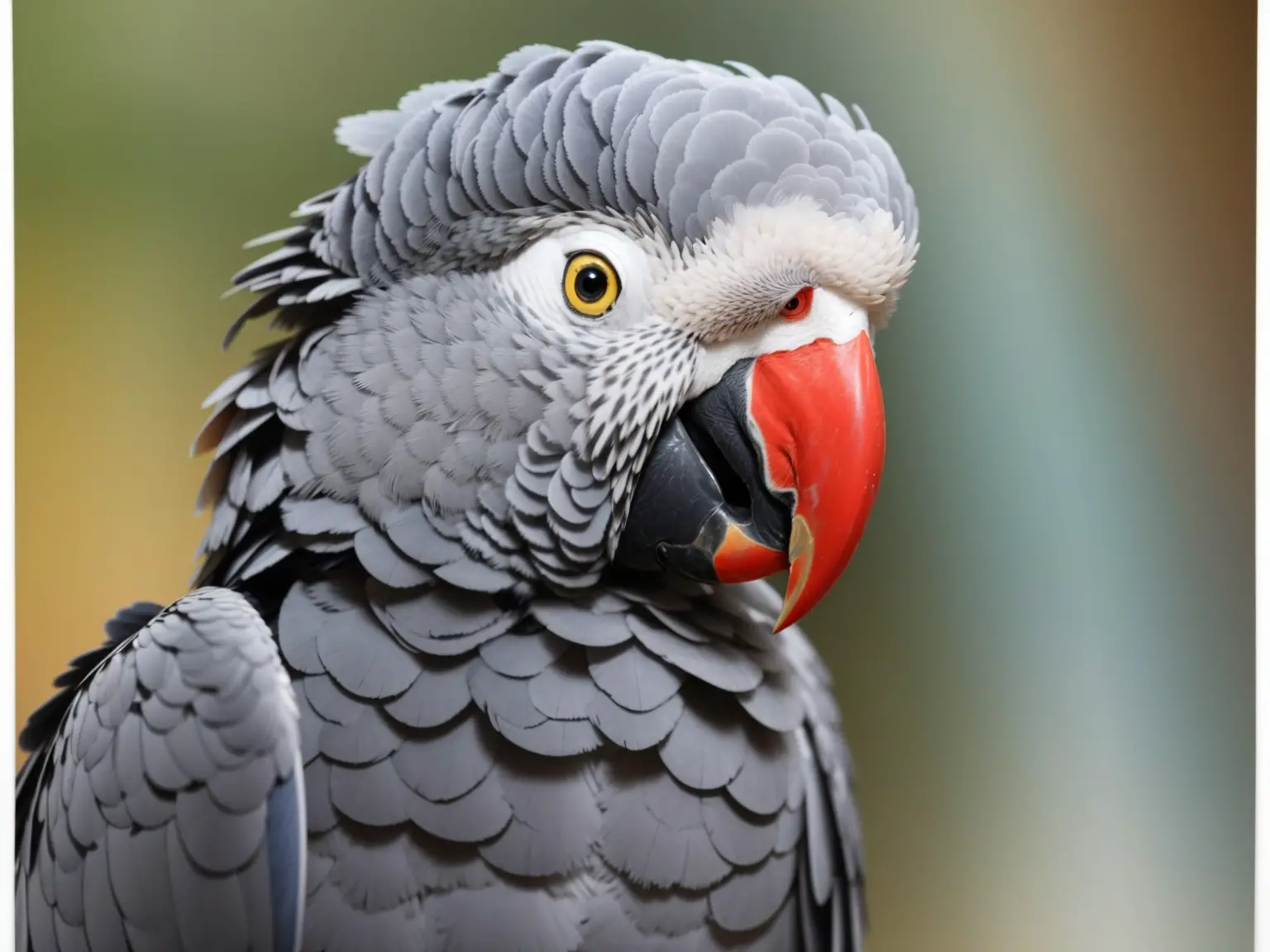
The Importance of a Nutritious Diet for African Grey Parrots
A nutritious diet is essential for the health and well-being of African Grey parrots. It provides them with the necessary vitamins, minerals, and nutrients to support their immune system, maintain a healthy weight, and promote overall longevity.
A balanced diet also contributes to vibrant feathers, strong bones, and optimal organ function.
By ensuring your African Grey parrot receives a nutritious diet, you are investing in their long-term health and happiness.
Understanding the Nutritional Needs of African Grey Parrots
African Grey Parrots have specific nutritional needs that must be met in order to maintain their health and well-being.
They require a balanced diet consisting of fresh fruits, vegetables, seeds, nuts, and grains.
Protein sources like cooked chicken and eggs are also important.
Avoid feeding them toxic foods such as avocado, chocolate, and caffeine.
It’s crucial to provide a varied and nutritious diet for your African Grey Parrot to ensure their optimal health.
Can African Grey Parrots Eat Olives?
Yes, African Grey Parrots can safely eat olives.
Exploring the Diet of African Grey Parrots in the Wild
African Grey Parrots have a diverse diet in the wild consisting of fruits, seeds, nuts, and vegetation. They primarily feed on fruits such as figs and palm nuts.
They also consume leafy greens, bark, flowers, and occasionally insects.
This varied diet provides them with the necessary nutrients for their overall health and well-being.
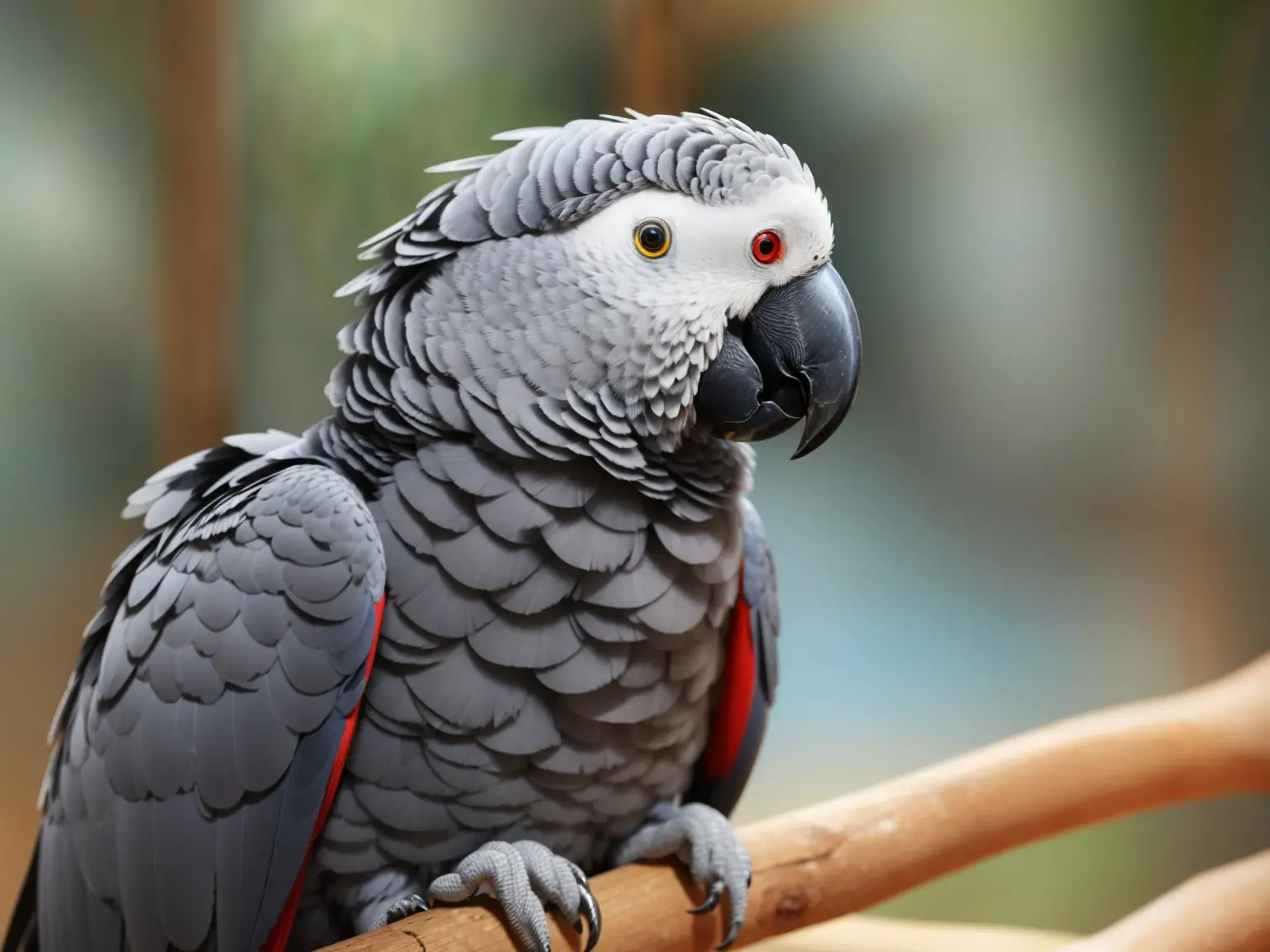
Are Olives Safe for African Grey Parrots to Eat?
Yes, olives are safe for African Grey Parrots to eat. They can provide a healthy source of fats and nutrients for your parrot.
However, it’s important to feed them in moderation as part of a balanced diet.
Always remove the pits, as they can be a choking hazard. Introduce new foods gradually and monitor your parrot’s response to ensure there are no adverse reactions.
Understanding the Benefits of Olives for African Grey Parrots
Olives can be a nutritious addition to an African Grey Parrot’s diet.
They are rich in antioxidants, healthy fats, and provide essential vitamins and minerals.
However, moderation is key.
Too many olives can be high in sodium, so it’s important to offer them as a occasional treat rather than a staple food.
Remember to always remove the pits before feeding.
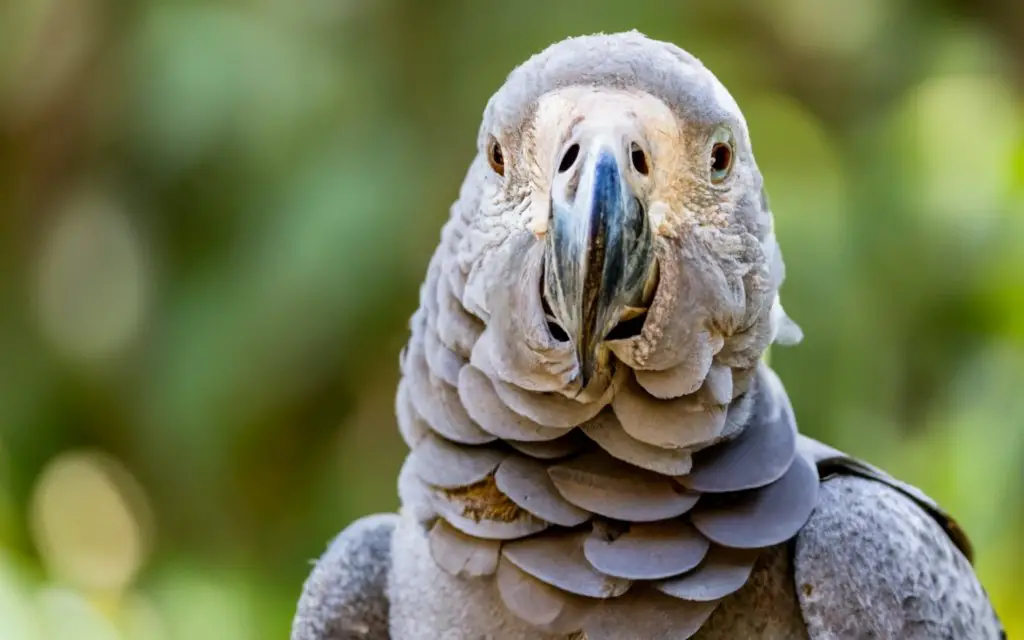
Other Foods to Consider for African Grey Parrots
In addition to their regular diet, African Grey Parrots can also enjoy a variety of fruits and vegetables, seeds, nuts, grains, and protein sources.
Fruits and Vegetables Recommended for African Grey Parrots
African Grey Parrots can benefit from a variety of fruits and vegetables in their diet. Some recommended options include apples, bananas, grapes, oranges, strawberries, carrots, broccoli, spinach, and sweet potatoes.
These provide essential vitamins, minerals, and antioxidants for their overall health.
Always wash and remove any seeds or pits before feeding fruits and vegetables to your parrot.
Seeds, Nuts, and Grains for a Well-Balanced Diet
Seeds, nuts, and grains are essential components of a well-balanced diet for African Grey Parrots. They provide important nutrients and promote overall health.
Some recommended options include sunflower seeds, pumpkin seeds, almonds, walnuts, quinoa, and brown rice.
Remember to offer them in moderation and as part of a varied diet.
Protein Sources for African Grey Parrots
African Grey Parrots require protein for their overall health and well-being.
Good sources of protein for them include:
- Lean meats, such as chicken and turkey, cooked thoroughly and cut into small, manageable pieces.
- Eggs, either boiled or scrambled, can be a great protein source for your parrot.
- Legumes, such as lentils and beans, are a nutritious and protein-packed option.
- Sprouted grains, like quinoa and amaranth, are also high in protein and can be incorporated into your parrot’s diet.
Remember to always introduce new foods gradually and monitor your parrot’s response to ensure they are tolerating the protein sources well.
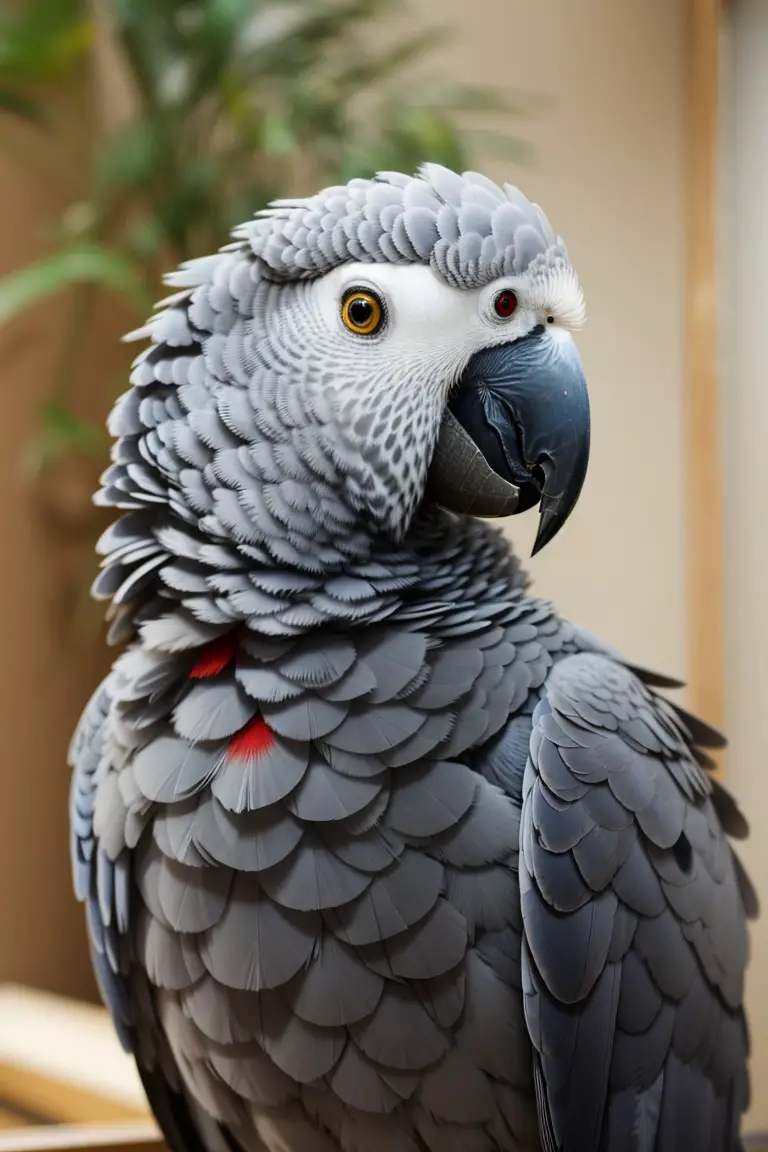
Foods to Avoid Feeding to African Grey Parrots
It’s important to know which foods to avoid feeding your African Grey Parrot. Some foods can be harmful or toxic to African Grey Parrots and should be avoided.
Toxic Foods that Can Harm African Grey Parrots
Toxic foods that can harm African Grey Parrots include:
- Avocado: Avocado contains a toxic substance called persin, which can be fatal to parrots.
- Chocolate: Chocolate contains theobromine, which is toxic to birds and can cause digestive problems, seizures, and even death.
- Caffeine: Caffeine found in coffee, tea, and soda can be harmful to parrots and affect their nervous system.
- Alcohol: Alcohol is highly toxic to birds and can cause severe health issues such as liver damage and respiratory problems.
- Onions and Garlic: Onions and garlic contain compounds that can damage a parrot’s red blood cells, leading to anemia.
- Salty or Sugary Foods: High levels of salt or sugar can have negative effects on a parrot’s health, including heart problems and obesity.
To ensure the well-being of your African Grey Parrot, it is important to avoid feeding them these toxic foods.
Harmful Human Foods that African Grey Parrots Should Avoid
Certain human foods can be harmful to African Grey Parrots and should be avoided.
These include:
- Avocado: Avocado contains a toxin called persin, which can be toxic to birds and may cause digestive issues.
- Chocolate: Chocolate contains theobromine, which is toxic to birds and can lead to serious health problems, including heart issues and seizures.
- Alcohol: Alcohol is toxic to birds and can cause severe damage to their liver and nervous system.
- Caffeine: Caffeine found in coffee, tea, and energy drinks is harmful to birds and can lead to increased heart rate, dehydration, and even death.
- Onions and Garlic: Onions and garlic contain compounds that can damage a bird’s red blood cells and lead to anemia.
- Salty and Sugary Foods: High levels of salt and sugar can be harmful to the health of African Grey Parrots and may lead to various health issues such as obesity, cardiovascular problems, and diabetes.
Remember to always provide a balanced and nutritious diet specifically designed for African Grey Parrots to ensure their health and well-being.
The Importance of Avoiding Processed and Sugary Foods
Avoiding processed and sugary foods is crucial for the health and well-being of African Grey Parrots.
These types of foods can lead to obesity, diabetes, and other health issues in birds.
Instead, focus on providing a nutritious diet rich in fresh fruits, vegetables, seeds, nuts, and grains to promote optimal health and longevity.
Avoiding processed and sugary foods helps ensure that your African Grey Parrot gets the essential nutrients it needs to thrive.
Feeding Tips for African Grey Parrot Owners
Feeding Tips for African Grey Parrot Owners: Establishing a Consistent Feeding Schedule Proper Food Preparation Techniques for African Grey Parrots Monitoring and Adjusting Your Parrot’s Diet for Optimal Health
Establishing a Consistent Feeding Schedule
Establishing a consistent feeding schedule is crucial for African Grey Parrot owners. This helps maintain their health and overall well-being.
Provide regular meals at the same time each day.
Divide their food into small portions to avoid overfeeding. Monitor their intake and adjust accordingly for optimal nutrition.
Proper Food Preparation Techniques for African Grey Parrots
To ensure proper food preparation for African Grey Parrots, it is important to consider the following techniques:
- Cleanliness is key: Wash your hands thoroughly before handling their food to prevent contamination. Also, clean their feeding dishes and utensils regularly.
- Fresh is best: Provide fresh food for your parrot daily. Remove any uneaten fruits, vegetables, or seeds after a few hours to maintain food quality.
- Chop it up: Cut fruits and vegetables into small, manageable pieces for your parrot. This makes it easier for them to eat and reduces the risk of choking.
- Variety is the spice of life: Offer a diverse range of fruits, vegetables, seeds, nuts, and grains to provide a well-rounded diet. This helps ensure they receive all the necessary nutrients.
- Cooked or raw: While some foods should be cooked, like grains and legumes, others can be offered raw, such as fruits and vegetables. Research which foods are safe in their raw form and which require cooking.
- Avoid seasoning: Do not add salt, sugar, or spices to their food. These can be harmful to their health and may disrupt their natural dietary needs.
- Monitor portion sizes: Pay attention to your parrot’s body condition and adjust their food portions accordingly. You want to ensure they are neither overfed nor underfed.
Monitoring and Adjusting Your Parrot’s Diet for Optimal Health
Monitoring and adjusting your parrot’s diet is crucial for ensuring their optimal health. Here are some tips to help you with this:
- Observe your parrot’s behavior and body condition regularly. Look for any signs of weight gain or loss, changes in feather quality, and overall well-being.
- Keep a food diary to track what your parrot is eating. Note down the types and amounts of food they consume each day. This will help you identify any patterns or deficiencies in their diet.
- Consult with an avian veterinarian or a certified bird nutritionist for guidance on your parrot’s specific nutritional needs. They can provide expert advice on what adjustments may be necessary for your parrot’s diet.
- Gradually introduce new foods to your parrot’s diet, especially fruits, vegetables, and other nutritious options. This will help them adapt to new flavors and textures without causing digestive issues.
- Consider adding supplements, such as avian-specific multivitamins, to ensure your parrot’s nutritional needs are met. However, always consult with a professional before giving any supplements to your parrot.
- Regularly assess the quality and freshness of the foods you provide to your parrot. Remove any spoiled or potentially harmful foods from their diet to minimize the risk of illness.
Remember, every parrot is unique, so it’s important to monitor their individual needs and make adjustments accordingly. By taking proactive steps to monitor and adjust your parrot’s diet, you can help ensure their optimal health and well-being.
Frequently Asked Questions about African Grey Parrots’ Diet
Can African Grey Parrots Eat Avocado?
No, African Grey Parrots should not eat avocado. Avocados contain a toxin called persin, which can be harmful to parrots.
It’s important to avoid feeding them any parts of the avocado, including the flesh, skin, pit, or leaves.
Stick to a diet that includes a variety of fruits, vegetables, seeds, nuts, and grains specifically recommended for African Grey Parrots.
What are the Dangers of Feeding Chocolate to African Grey Parrots?
Feeding chocolate to African Grey Parrots can be extremely dangerous. Chocolate contains theobromine and caffeine, which are toxic to birds.
Consumption can lead to serious health issues such as vomiting, diarrhea, increased heart rate, seizures, and even death.
It’s vital to keep chocolate away from your African Grey Parrot to ensure its well-being.
Is it Okay to Feed African Grey Parrots Commercial Bird Food Only?
Feeding African Grey Parrots a diet solely consisting of commercial bird food is not ideal.
While commercial bird food can provide some essential nutrients, it may lack variety and certain key nutrients found in fresh foods.
It’s important to include a variety of fruits, vegetables, seeds, nuts, and grains in their diet to ensure they receive a balanced and nutritionally complete diet.
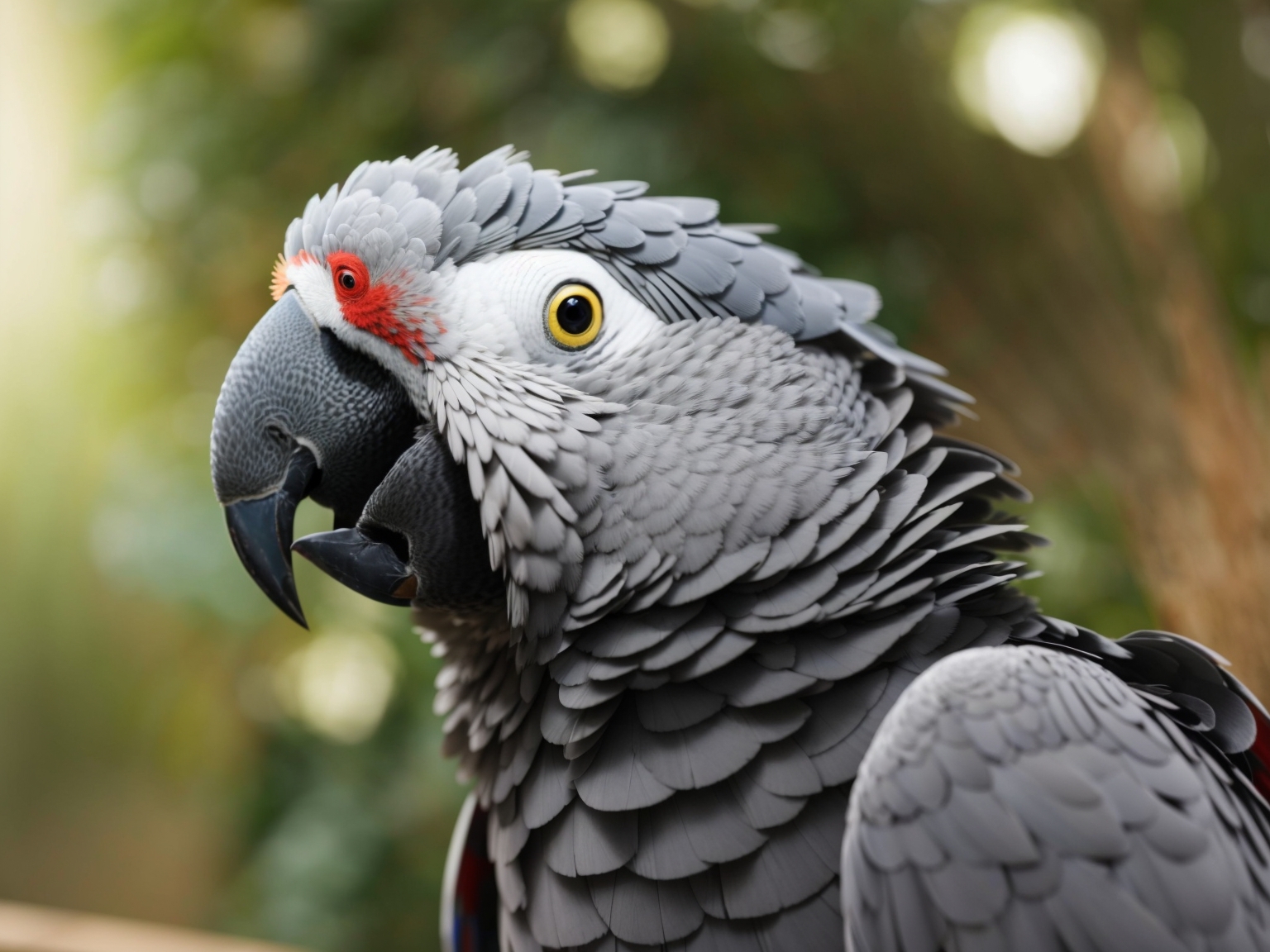
Final Verdict
While olives can be a safe and nutritious addition to an African Grey Parrot’s diet, they should be given in moderation. It is important to consider the natural diet of African Grey Parrots in the wild, which consists mainly of fruits, vegetables, seeds, nuts, and protein sources.
Additionally, it is crucial to avoid feeding toxic or harmful foods, such as avocado and chocolate.
By establishing a consistent feeding schedule, properly preparing food, and monitoring their diet, African Grey Parrot owners can ensure optimal health for their beloved pets.

